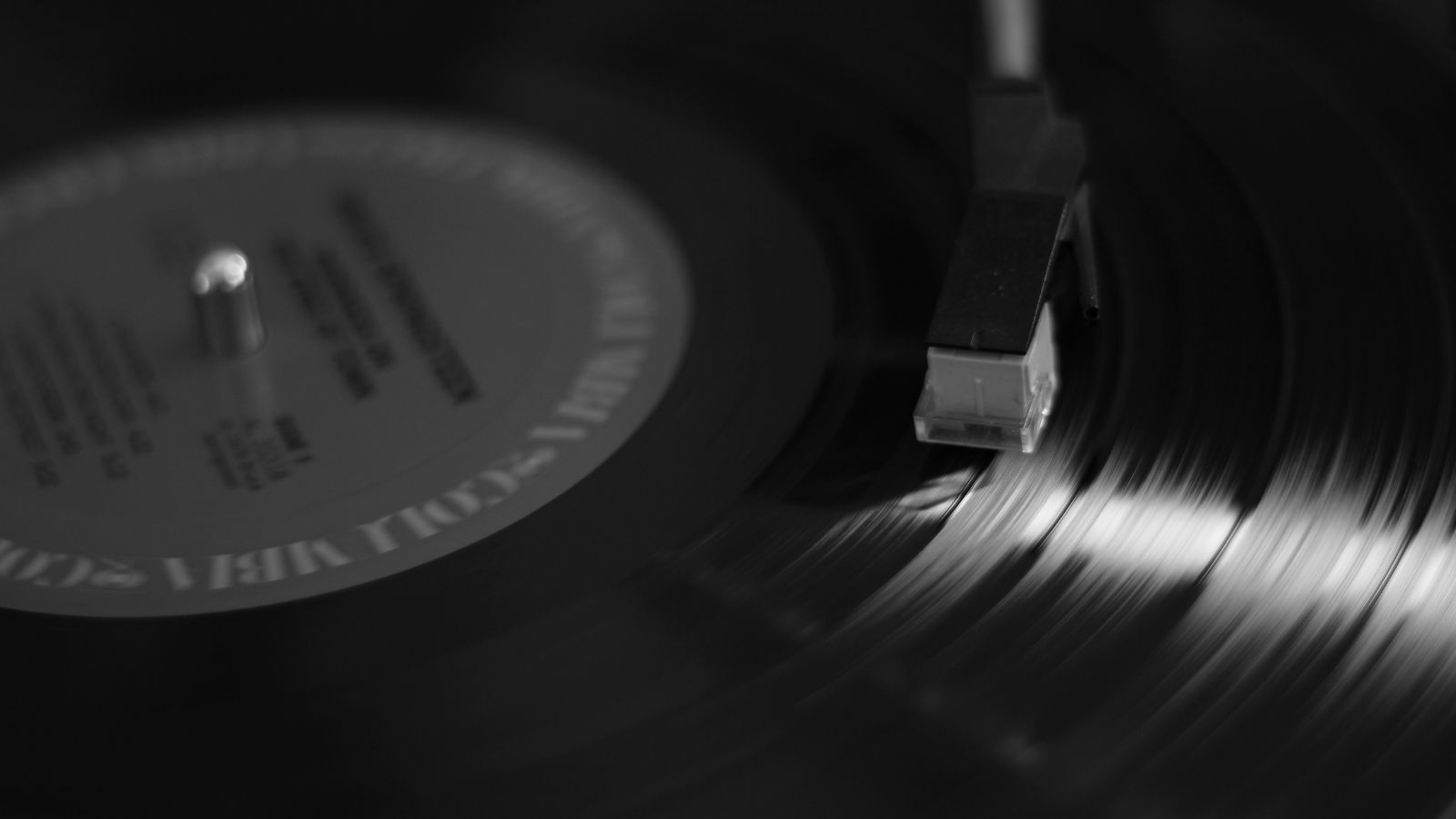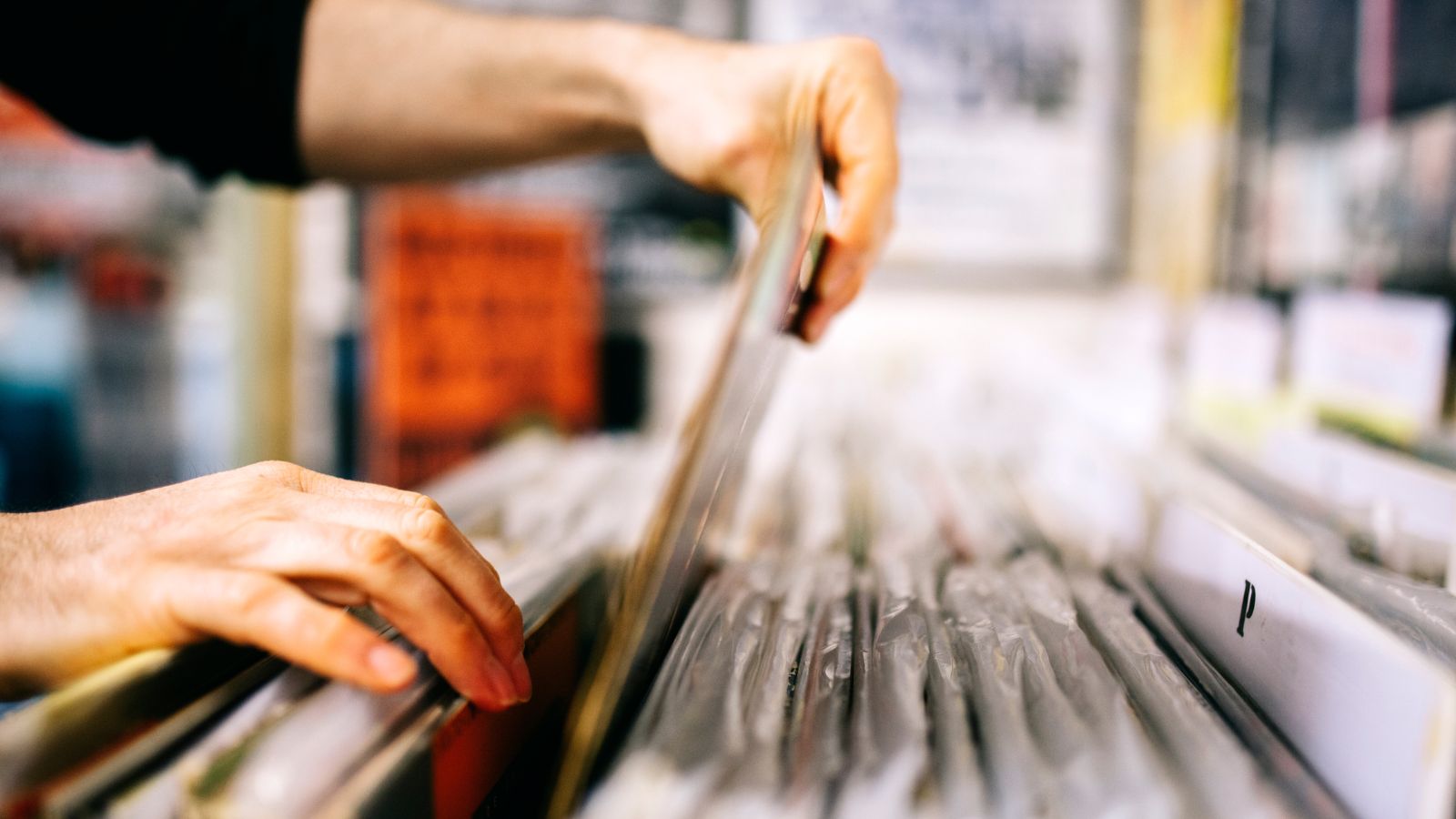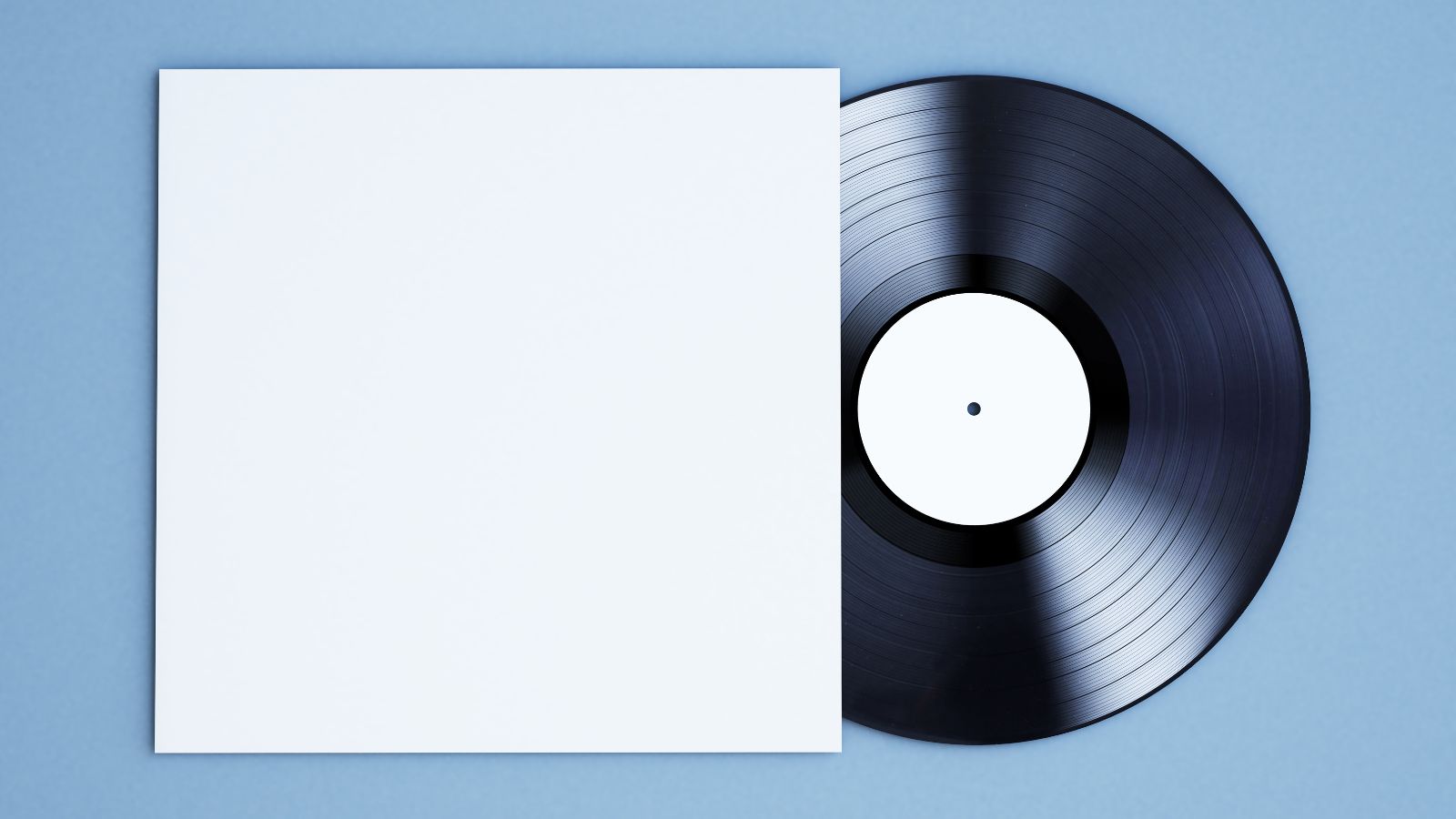In the world of music enthusiasts, vinyl records aren’t just nostalgic artefacts; they’re potential goldmines. As the resurgence of vinyl continues, many are dusting off their old records or scouring thrift shops, wondering which vinyl records are worth money.
This article delves into the fascinating realm of valuable vinyl, helping you identify those hidden gems in your collection. Whether you’re a seasoned collector or a beginner in the vinyl market, you’ll discover the key factors that can transform an ordinary record into a sought-after treasure. So, let’s spin this tale of vinyl value, and explore the records that could potentially turn your passion into profit.
 What Vinyl Records Are Worth Money
What Vinyl Records Are Worth Money
Depending on diverse factors, the monetary value of vinyl records varies. An appreciation of these elements provides an understanding that can help avid collectors or novices navigate a potentially profitable endeavour.
Factors Influencing Vinyl Record Prices
Several factors influence vinyl record prices. Condition, for example, plays a significant role in determining value. A pristine copy of a vinyl record retains greater value than one marred by scratches, marks or folds. Artist or band popularity, as exemplified by the Beatles, boosts record value significantly. Rarity, originating from short press runs or limited editions, often elevates the cost of vinyl records. Lastly, the year of production contributes to value, with older, well-preserved records often fetching higher prices.
How Rarity and Demand Affect Prices
Rarity and demand share a strong relationship in the pricing of vinyl records. Rare vinyl, due to limited production, tends to command high prices provided there’s a market demand. A vinyl pressed in limited numbers by an obscure band may not necessarily hold value. Conversely, records by popular bands, even if common, may remain in high demand, thus contributing to value. Therefore, the interplay between rarity and demand becomes critical in determining vinyl record prices.
 How to Determine the Value of Your Vinyl Records
How to Determine the Value of Your Vinyl Records
Checking Condition and Pressing Details
When assessing a vinyl record’s worth, consideration of its physical state remains paramount. A record in mint condition often fetches higher prices on the market. This includes observable factors like the lack of scratches, scuffs, or warps. As a rule, any visible damage on a record detracts from its value.
Besides physical condition, pressing details play a pivotal role in vinyl record valuations. First pressings or limited-edition releases are typically worth more than subsequent pressings. For instance, The Beatles’ White Album, if a first pressing with a low serial number, can be considerably precious. Collectors covet these early printings, resulting in a significant spike in their prices.
Recording enthusiasts often aim to find the financial worth of their vinyl records. It’s beneficial to turn to professional appraisal services in such situations. Many physical stores offer appraisals, but online options like Discogs, Popsike, or Music Price Guide are a convenient alternative, drawing on vast databases of sales records to provide estimates.
 Storing and Caring for Valuable Vinyl Records
Storing and Caring for Valuable Vinyl Records
Aligning perfectly to the previously discussed matters of vinyl record pricing and appraisals, this section provides an in-depth look into storing and caring for these precious items. Adhering to best practices for storing and maintaining vinyl records ensures that their value doesn’t dwindle over time.
Top Practices for Storage
When storing vinyl records, there are key considerations to keep in mind. For starters, records should always be kept in their sleeves. This prevents them from gathering dust, a sneaky culprit that wears down the record grooves and affects playback quality.
Adequate space is a requirement for vinyl storage. Overcrowding can warp them, a hassle that considerably decreases their market value. Ensure the records are standing vertically. Stacking them horizontally exerts pressure, potentially resulting in warped discs.
Effective climate control is another crucial aspect of vinyl storage. It’s fundamental to avoid storing records in attics, basements or garages where temperatures fluctuate widely. Aim for a cool, dark, dry, and consistent environment with a temperature of about 65-70°F and approximately 45-50% relative humidity.